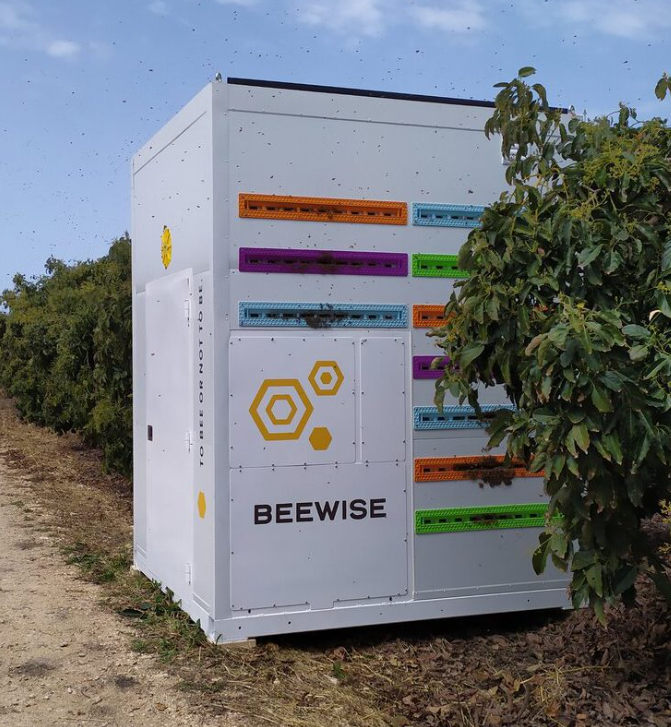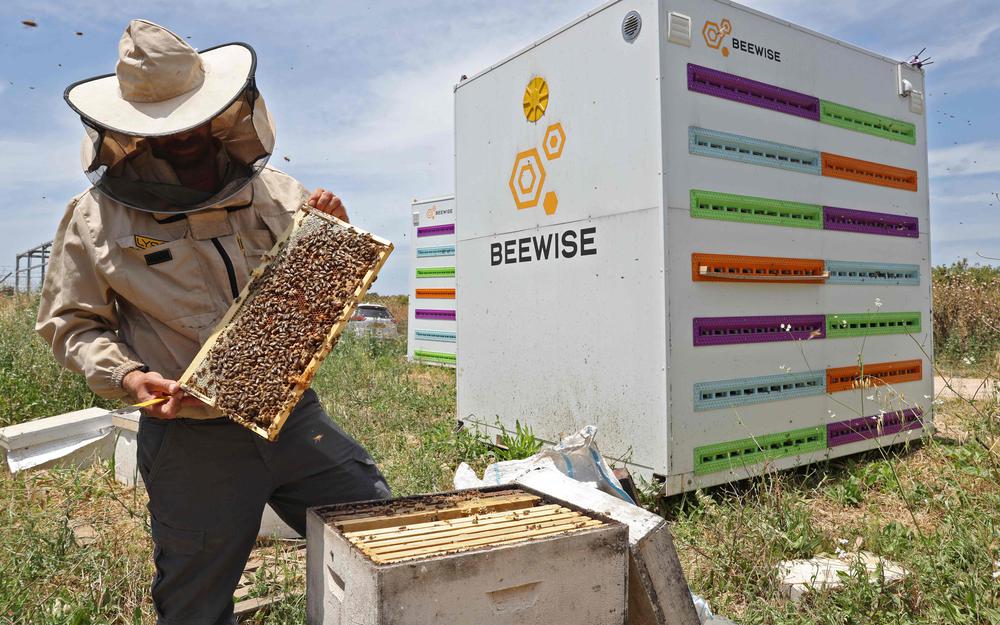Beewise was honored for its BeeHome product, a sensor-filled beehive linked to artificial intelligence, which analyzes the living conditions of bees and the state of the hive 24/7. Established annually by Fast Company, this award honors companies, NGOs and institutions that develop creative and concrete solutions to the major challenges of our time.
Each year, more than 1,500 entries are examined by a team of journalists and experts, who evaluate all initiatives according to five key criteria. Firstly, the project's real impact on society or the environment; secondly, the quality and relevance of the design (whether physical or conceptual); thirdly, the potential for scaling up and the degree of innovation; and finally, the feasibility and maturity of the project.
With its connected beehives, Beewise ticks all the boxes for a company with the potential to change the world of beekeeping. These are a response to the massive disappearance of bees, one of the most critical ecological challenges of our time. By 2023, almost half of all bee colonies in the USA had disappeared, an alarming situation for global food production, since bees pollinate around a third of all crops. One of the main causes of this hecatomb is the proliferation of deadly parasites such as the varroa mite.

Beewise has developed a BeeHome-integrated thermal chamber capable of eliminating 99% of varroa mites without chemicals - an approach that avoids harming bees, disrupting honey production or fostering resistance in parasites. Thanks to an autonomous, connected system, artificial intelligence precisely adjusts the heat according to the needs detected in each hive. Beewise has also tested this technology in partnership with Auburn University in Thailand against another beekeeping scourge, the Tropilaelaps mite, achieving a 100% elimination rate.
Thanks to its concrete commitment, Beewise has helped to reduce the bee mortality rate by 80%, saving around 150 million bees a year. All this while improving production yields by at least 50% and considerably reducing manual labor, with up to 90% fewer tasks than with traditional beekeeping methods.
.jpeg)





.webp)








